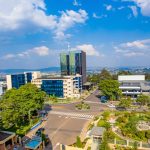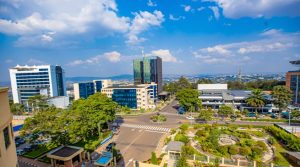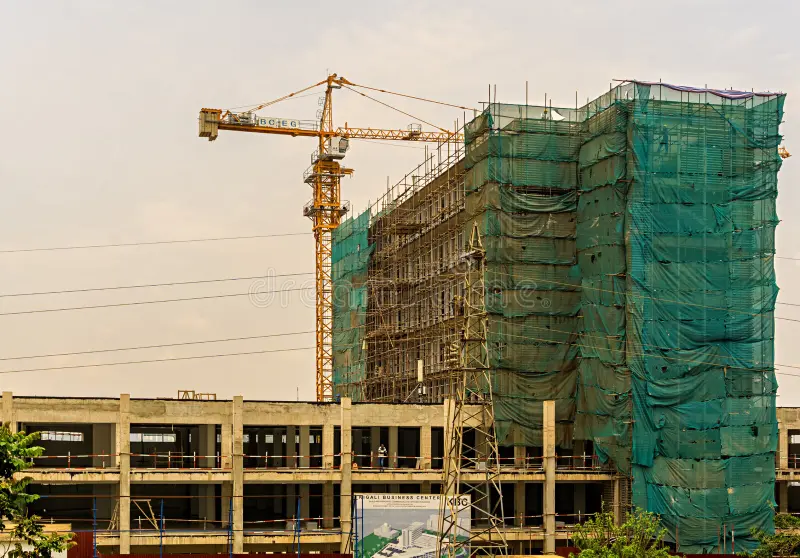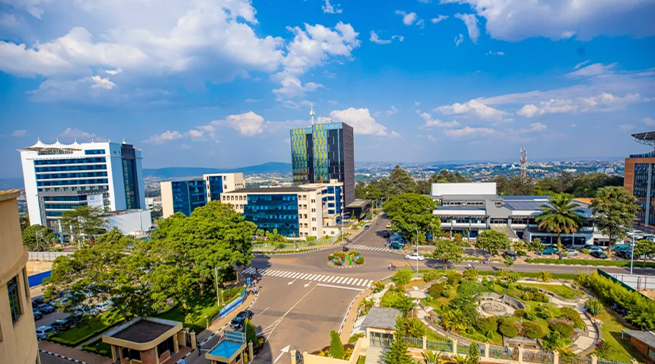BY ROBERT FRANKLIN
In recent years, Africa has experienced a remarkable resurgence in its business sector, signaling a new era of economic growth, entrepreneurship, and innovation across the continent. With a youthful population, expanding digital infrastructure, and increasing foreign investment, African economies are increasingly becoming vibrant hubs of commercial activity. This boom is not merely a matter of market expansion but reflects deeper philosophical underpinnings centered on regional integration and collective progress.
The African business landscape is characterized by dynamic start-ups, innovative tech hubs, and increased involvement of the private sector in sectors such as agriculture, manufacturing, finance, and technology. The continent’s demographic dividend—its young, ambitious, and increasingly educated population—fuels this entrepreneurial spirit. Moreover, digitalization and mobile technology have democratized access to markets, creating opportunities for small-scale farmers, artisans, and entrepreneurs to connect with larger markets both domestically and internationally.
Foreign direct investment, especially from China, Europe, and the United States, has provided essential capital for infrastructure projects, manufacturing, and technological advancement. These investments, when managed responsibly, serve as catalysts for economic transformation and job creation, ultimately contributing to poverty reduction and inclusive development. Local entrepreneurs are also gaining ground, driven by a rising middle class eager for goods and services that meet their evolving needs, thereby fostering domestic markets and creating a cycle of growth.
While economic growth and business expansion are encouraging, they are rooted in a philosophy that emphasizes the importance of regional integration. Africa’s vision for integration is grounded in the recognition that the continent’s strength lies in unity—geographically, economically, and culturally. The philosophy behind Africa’s integration balances economic pragmatism with a shared cultural identity, aiming to foster peace, stability, and collective prosperity.
The African Union’s Agenda 2063 encapsulates this vision, advocating for a united Africa that values cooperation, shared resources, and common institutions. It emphasizes the importance of removing barriers to trade, such as tariffs and customs delays, and forging regional economic communities like ECOWAS, SADC, and the East African Community. These organizations serve as platforms for collaboration across borders, promoting shared infrastructure, harmonized policies, and collective bargaining power on the global stage.
This integration philosophy is driven by the understanding that Africa’s challenges—such as poverty, conflict, and climate change—are interconnected and require collective solutions. By unifying markets, pooling resources, and fostering intra-Africa trade, the continent can reduce dependence on external aid, build resilient economies, and harness its vast natural and human resources more effectively.
Furthermore, Africa’s integration strategy is inherently inclusive, emphasizing the role of governments, the private sector, civil society, and local communities in shaping a shared future. It perceives economic growth not solely as an abstract goal but as a pathway to social cohesion, cultural preservation, and national sovereignty.
Underlying this economic revival is a profound philosophy of integration—rooted in collective identity, shared resources, and regional cooperation—that envisions Africa as a unified and resilient continent. As this vision continues to evolve, it holds the promise of not only elevating economic standards but also forging a stronger, more cohesive African identity on the global stage.


















